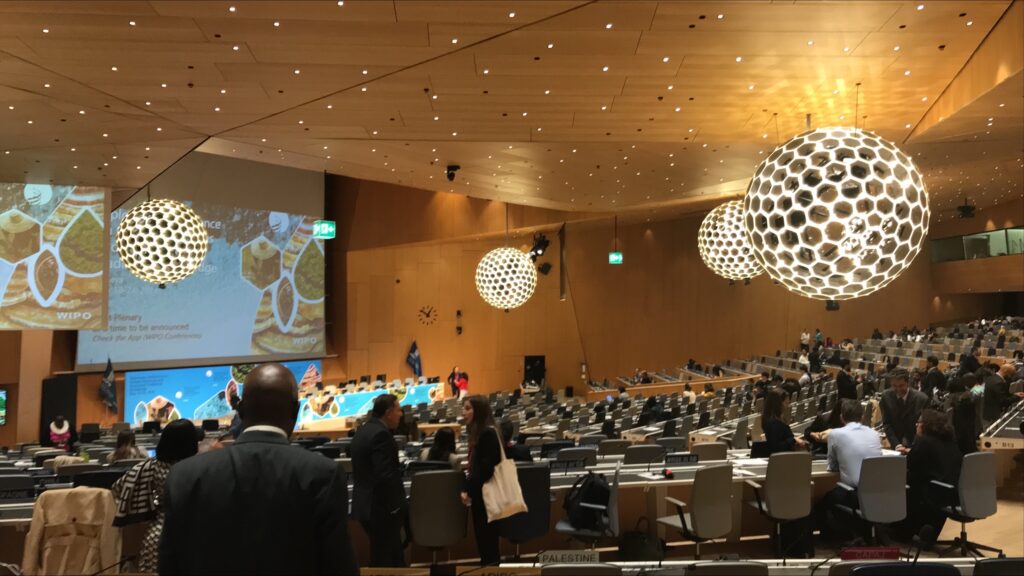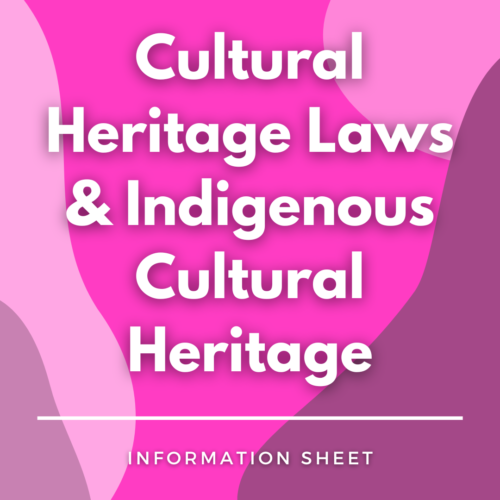A new international treaty at the intersection of traditional knowledge and patent law

This month the World Intellectual Property Organization’s (WIPO’s) Intergovernmental Committee on Traditional Knowledge, Traditional Cultural Expressions, Genetic Resources and Folklore (IGC) agreed to a historic new international treaty addressing patents and Indigenous People’s traditional knowledge.
The new treaty is a legal instrument to “enhance the efficacy, transparency and quality of the patent system” to “prevent patents from being granted erroneously for inventors that are not novel or inventive with regard to genetic resources and traditional knowledge associated with genetic resources”. This means that Indigenous peoples in participating member states will now have the comfort of knowing that patent applicants are required to disclose their use of Indigenous peoples’ genetic resources and associated traditional knowledge and indicating origin. Genetic resources, in this instance, includes things like medicinal plants, animal breeds and crops.
The WIPO IGC was established in 2000 with negotiations beginning in 2001. Since that time, the IGC has involved meetings in Geneva as well as virtual meetings (vital during years of Covid lockdowns) to discuss potential treaty texts. The focus has been about traditional knowledge, traditional cultural expressions, genetic resources and folklore that is currently not effectively or appropriately safeguarded within intellectual property systems around the world.
In 2008 then WIPO Director General Australian Francis Gurry, called for “concrete outcomes” from the negotiations. Little did he know that in 2024, this landmark new international treaty would be reached. The opening of the Diplomatic Conference in May (from current Director General Daren Tang), included the hope for the Conference that “we can show that there is no contradiction between a robust and predictable IP regime – one that incentivises innovation, attracts investments and drives game-changing research – and one that responds to the needs of all countries and their communities everywhere, including those from Indigenous Peoples as well as Local Communities. A more inclusive and diverse IP system is not just a more dynamic IP system, it is a stronger IP system.”
Tang’s words in welcoming the adoption of the treaty reflect its significance: “Today we made history in many ways. This is not just the first new WIPO treaty in over a decade but also the first one that deals with genetic resources and traditional knowledge held by Indigenous Peoples as well as local communities. Through this, we are showing that the IP system can continue to incentivise innovation while evolving in a more inclusive way, responding to the needs of all countries and their communities.”
Read more about Arts Law’s involvement and how this fits into our broader goals of reconciliation.




